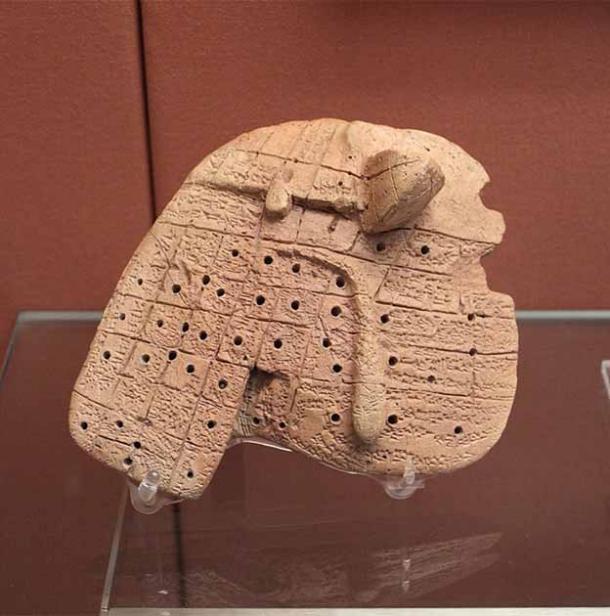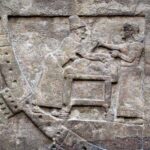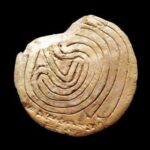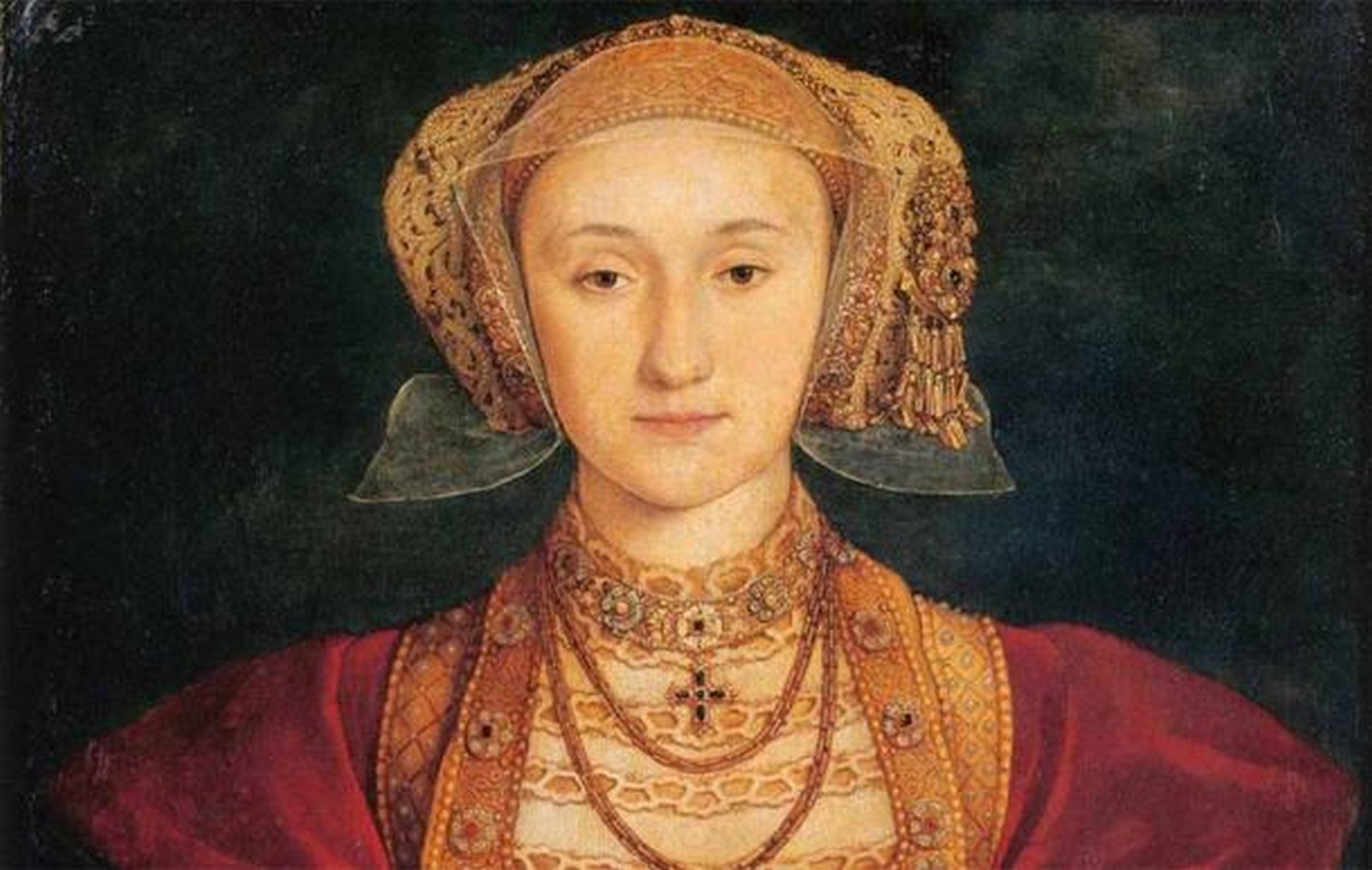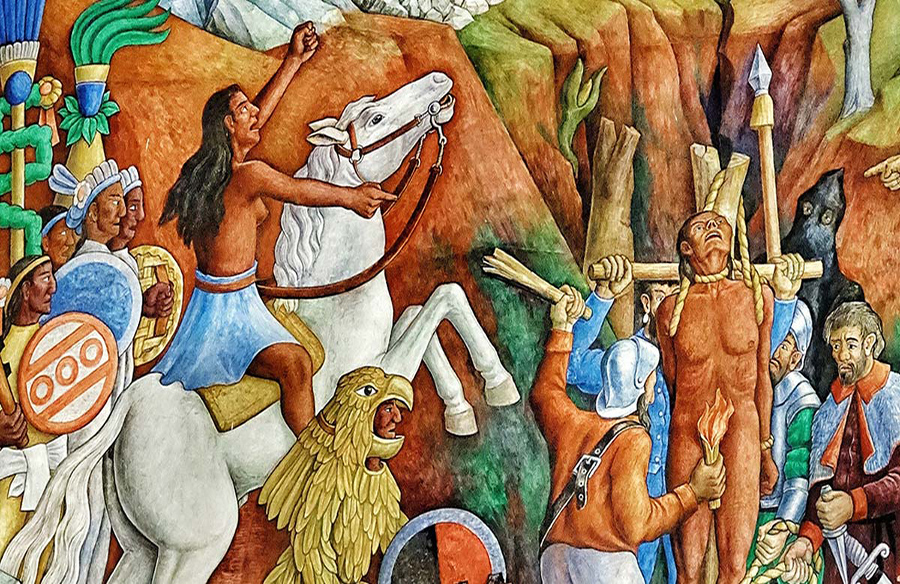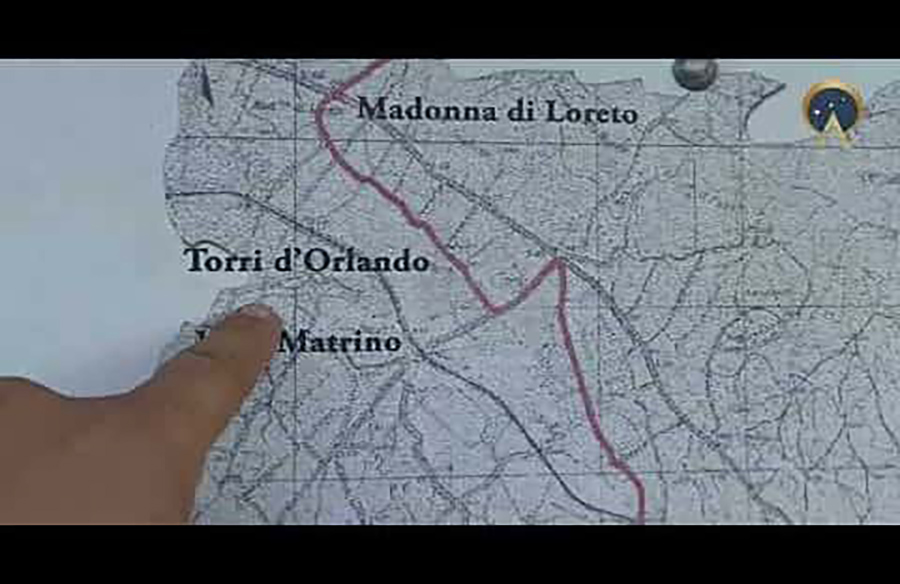Introduction
Divination, the practice of foreseeing the future through ritualistic means, held profound significance in ancient civilizations. Among these, Mesopotamia, often termed the cradle of civilization, boasted a complex society deeply intertwined with divine guidance. Here, we explore the intricacies of divination in Mesopotamian culture and the methods employed to decipher omens.
Mesopotamians’ Belief in the Divine
Mesopotamia, renowned for its fertile lands between the Tigris and Euphrates rivers, fostered a society where divine intervention permeated every aspect of life. The Mesopotamians revered a pantheon of gods, whose influence shaped their destinies. In this worldview, divination emerged as a vital tool for interpreting the will of the gods and navigating the complexities of mortal existence.
Peering Through Time: Early Mesoamerican Mirrors for Grooming and Divination
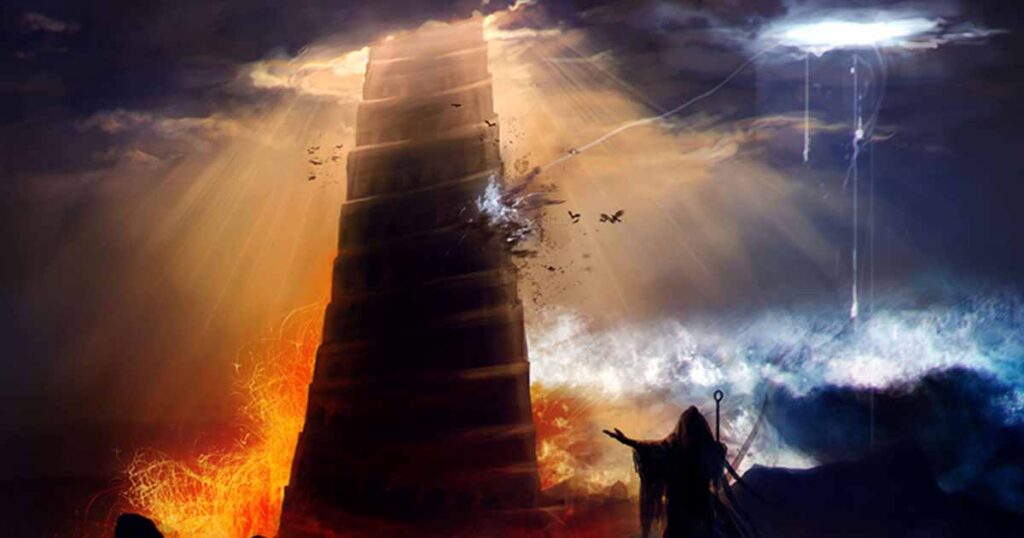
The Practice of Divination
Diviners, esteemed intermediaries between mortals and gods, wielded the skills to decode divine messages embedded in nature. Divination rituals addressed crucial matters such as the outcome of battles, agricultural prosperity, and communal well-being. The accuracy of divination hinged on the gods’ willingness to divulge their intentions, elevating diviners to indispensable conduits of divine wisdom.
Divination as an Integral Part of Society
Divination permeated all echelons of Mesopotamian society, guiding rulers in strategic decisions and aiding farmers in seasonal endeavors. Yet, the reliance on divination posed challenges, with discrepancies in interpretations risking severe consequences. The Code of Hammurabi underscored the societal imperative of precise divination, reinforcing the importance attached to divine guidance.
Methods of Divination
Mesopotamian divination encompassed a myriad of methods, each tailored to specific purposes. Hepatoscopy, the examination of sacrificial animal livers, and extispicy, the scrutiny of entrails, offered insights into divine will through meticulous observations. Celestial phenomena, meticulously observed through astrology, provided further avenues for discerning divine intentions.
Insights from Entrails: Hepatoscopy
Hepatoscopy, a revered divination method, involved interpreting patterns and anomalies in sacrificial animal livers. Skilled priests meticulously scrutinized the liver’s attributes, believing them to convey divine messages. This practice not only offered glimpses into the future but also facilitated communication with the gods, reinforcing the sacred bond between mortals and divinity.
Deciphering Divine Messages: Extispicy
Extispicy, an extension of hepatoscopy, entailed examining various entrails for divine omens. Diviners, trained in the intricate symbolism of internal organs, unraveled messages pertaining to different aspects of life. This ritualistic practice reinforced the profound connection between humans and gods, shaping pivotal decisions in governance and warfare.
Embracing Natural Omens
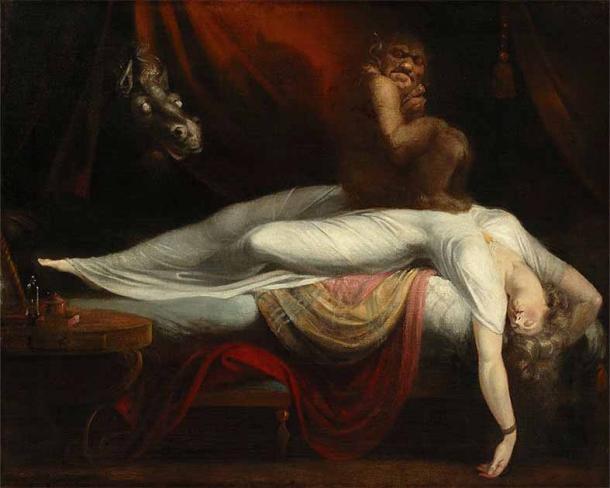
Beyond entrails, Mesopotamians interpreted natural phenomena as omens, meticulously recorded in compendiums. Celestial events, animal behaviors, and atmospheric changes were all scrutinized for divine messages. These observations, coupled with dream interpretation and physiognomy, provided holistic insights into divine intentions.
Fringe-Divining within Mesopotamia
Less conventional divination methods, including dream interpretation and physiognomy, offered alternative avenues for understanding divine will. These practices, though less common, underscored the Mesopotamians’ unwavering quest for divine guidance in every facet of life.
A World Enshrouded in Divine Guidance
Mesopotamian society, deeply entrenched in divine intercession, exemplified the intricate relationship between mortals and gods. Divination, with its diverse methods and meticulous rituals, served as a conduit for divine wisdom, shaping the course of history and reinforcing the spiritual fabric of this ancient civilization.
Conclusion
In the annals of history, Mesopotamian divination stands as a testament to humanity’s enduring quest for divine guidance. Through intricate rituals and observances, Mesopotamians sought to unravel the mysteries of the future, forging a profound connection between the earthly realm and the divine sphere. As we unravel the enigmatic practices of Mesopotamian divination, we gain profound insights into the spiritual richness and complexity of this ancient civilization.
